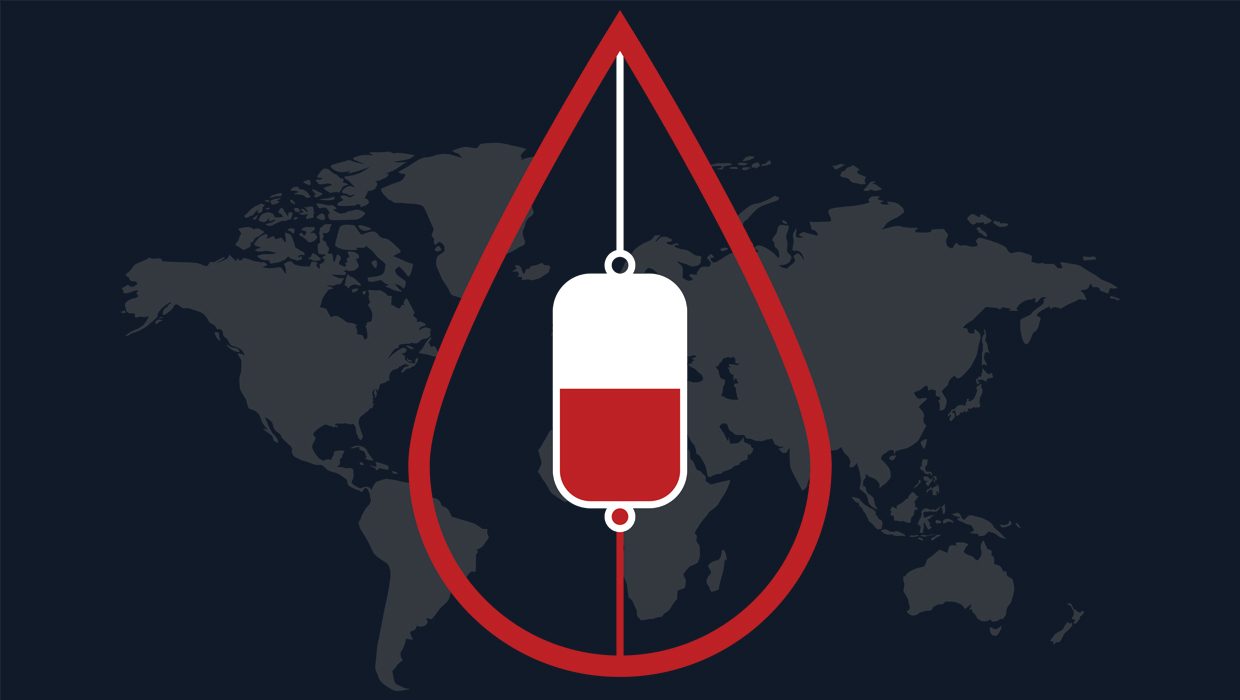World Blood Donor Day is celebrated annually on the 14th of June.
The date aims to make the entire population aware of the need for regular donations that allow everyone to receive the components they need, when and where they need it.
It also aims to thank all donors for being volunteers in this act, as well as recognizing their importance and contribution in saving lives and improving the health and quality of life of many patients.

According to the World Health Organization (WHO), 92 million people donate blood annually, with 45% of these donors being under 25 years of age and 40% being women. WHO wants to expand this universe of donors by encouraging people to volunteer.

Who can be a blood donor?
You can donate blood if:
- You are between 18 and 65 years old;
- Weigh more than 50kg;
- Enjoy good health and have healthy lifestyle habits.
Blood donation is generous and unpaid. Blood donation can be done every 4 months by women and 3 in 3 by men.
Who can't donate blood?
You cannot donate blood if:
- You are under 16 years of age or over 65 years of age;
- Have weight less than 50kg;
- Have anemia on the test performed immediately before the donation;
- Have hypertension or hypotension at the time of donation;
- Has an increase or decrease in heart rate at the time of donation;
- Have a fever;
- you are pregnant;
- You are breastfeeding, unless the delivery took place more than 12 months ago.

The donor cannot donate if he/she is accompanied by children under the age of 13 without the presence of an adult to take care of them.

What to do and what not to do after donating blood?
- You should drink plenty of fluids;
- You cannot drive for 30 minutes;
- Cannot smoke for 2 hours;
- You cannot drink alcohol for 12 hours;
facts
World Blood Donor Day was instituted by WHO in May 2015. The choice of date, June 14, aims to honor Karl Landsteiner, born on the same date.
Karl Landsteiner was an American physician and biologist, of Austrian origin, pioneer in blood transfusion and recognized with the 1930 Nobel Prize in Physiology/Medicine for his classification of blood groups, AB0 system and discoverer of the RH factor.
There are 4 entities that sponsor globally this day: a World Health Organization, a International Federation of Red Cross Societies It's from Red Crescent, a International Federation of Blood Donor Organizations and the International Blood Transfusion Society.
![[:pt]clínica cura pura](https://curapura.pt/wp-content/uploads/2017/10/logo-footer2.png)




